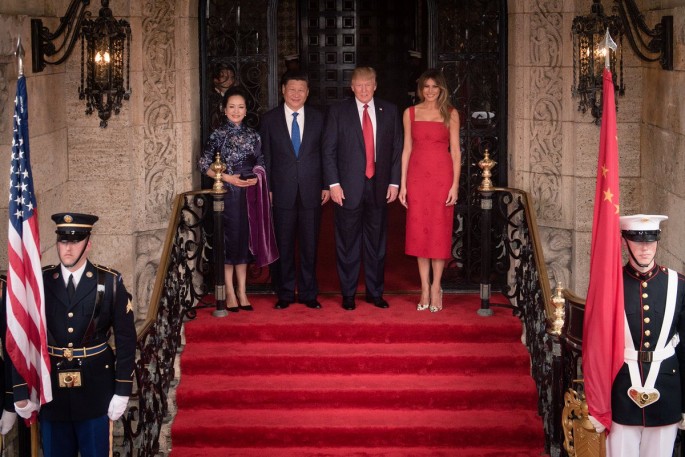China-U.S. ties were in the center of attention last weekend as the two most powerful leaders of the world met in Florida.
The two leaders concluded the meeting with an agreement to cooperate in terms of trade and to work together on global security issues. China agreed that it will give concessions to beef exporters and American investors in the financial sector.
Both leaders agreed that the details of new trade arrangements will be smoothened out in the next 100 days.
President Xi Jinping said that there are more reasons to build on the China-U.S. relationship than destroy it.
"We have a thousand reasons to get China-U.S. relations right, and not one reason to spoil the China-U.S. relationship," Xi told Chinese state media.
President Donald Trump said that he was happy to have formed a friendship with China but "time will only tell on trade."
After the meeting, experts weigh in their opinion on what transpired. Most of them agree that the U.S. is not prepared to complete the 100-day timeline.
Asia expert Michael Auslin of the American Enterprise Institute said that the "Trump administration is still largely bereft of high-ranking political appointees fit to make Asia policy."
Even White House officials are not confident with the timeline. U.S. Commerce Secretary Ross Wilbur said, "If we don't get some tangible results within the first 100 days, I think we'll have to examine whether it's worthwhile continuing them."
Despite the lack of confidence from the Pentagon and the cynicism from critics, Carl Weinberg, chief economist at High-Frequency Economics, said that the meeting between the U.S. and China showed progress in closing the trade gap between the two countries.
He added, "U.S. consumers' access to less expensive imported goods will be unaffected, but incremental jobs will be created by incremental production."



























